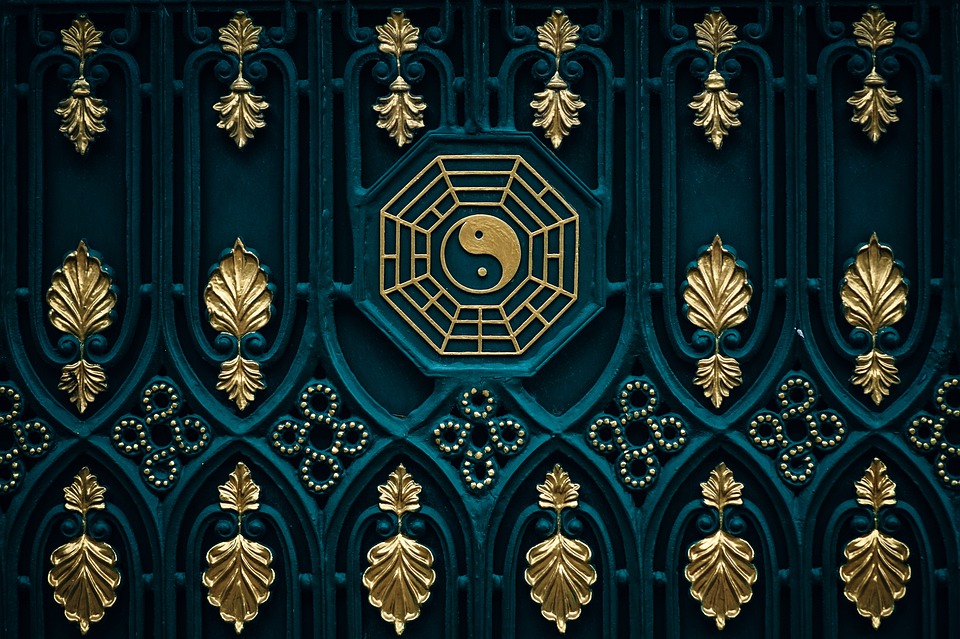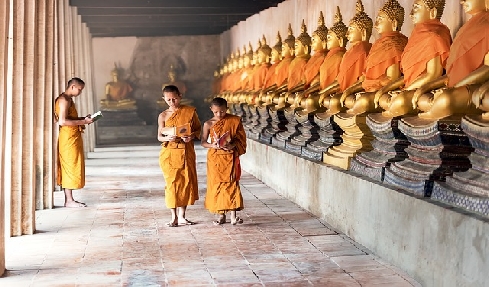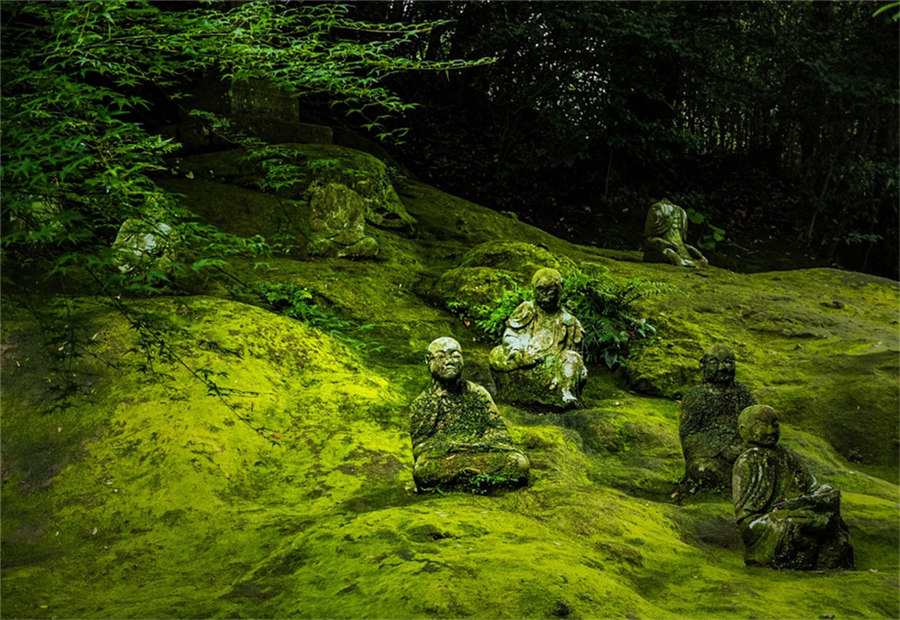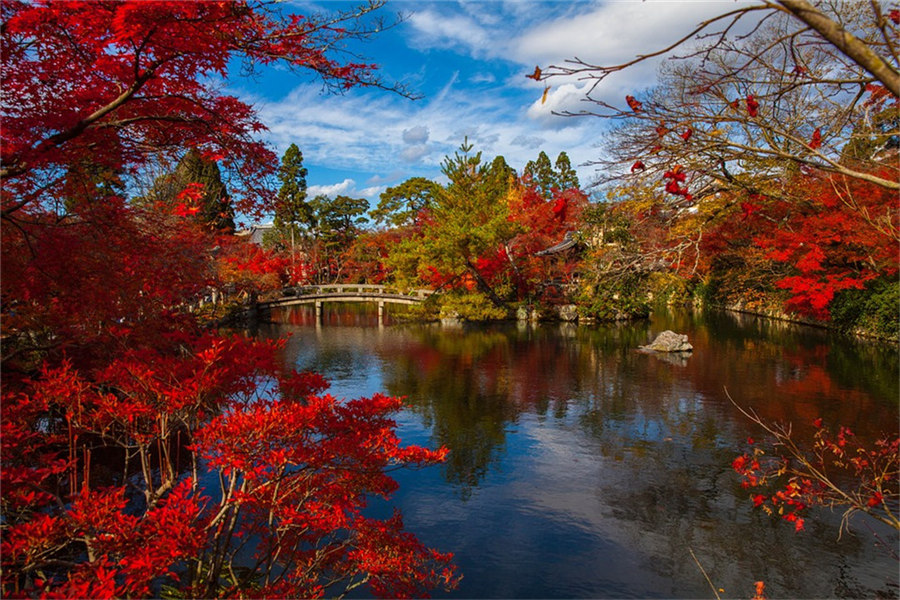In Nagarjuna’s Letter to a Friend, it said that, according to the Buddha’s advice, being content with fewer desires is the greatest asset that one can have. Those who are able to maintain such disposition are truly rich people even if they do not own a single asset, because only they can attain the ultimate, perfect happiness.
~ Depicted from Luminous Wisdom Book Series 6











